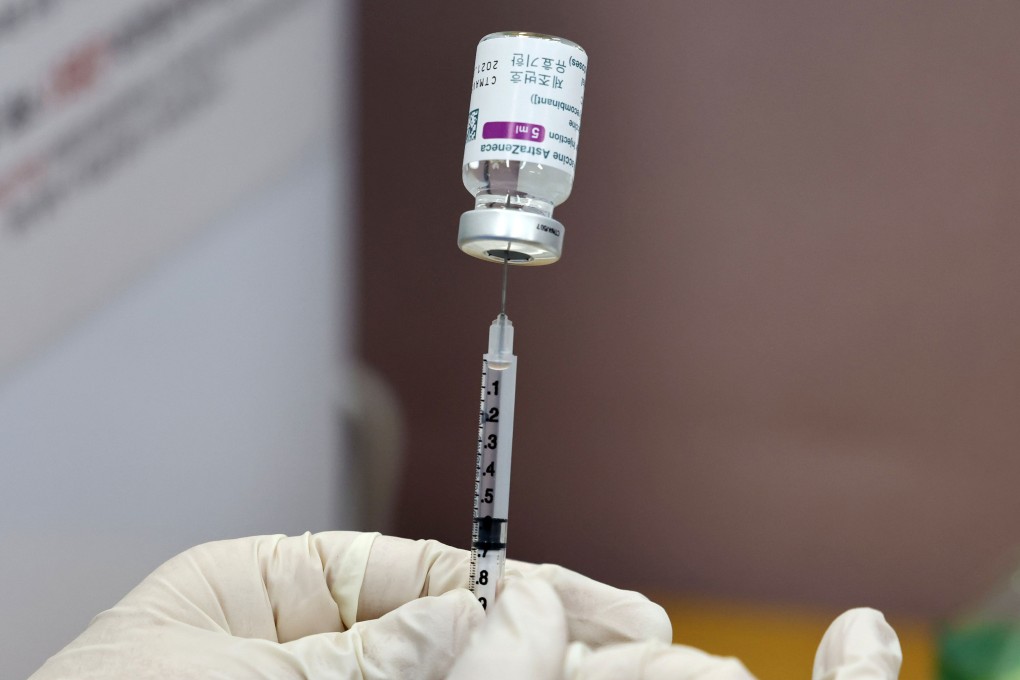How did the AstraZeneca-Oxford Covid-19 vaccine go from ‘game changer’ to ‘under review’?
- Safety concerns about rare blood clots and controversy over slow deliveries threaten to derail the roll-out of the vaccine in many countries
- Medical experts say it is important that all potential risks are reported, but they worry that the negative attention could shatter public confidence in Covid-19 inoculations

Months after it was first approved for use in Britain in December, a public relations crisis over extremely rare side effects threatens to derail vaccination efforts in numerous Asia-Pacific and lower-income countries. Countries across the European Union and Britain have already imposed age restrictions on the use of the shot, including offering alternatives to those under 30.
But with the vaccine already used in more than 100 countries – and accounting for almost a quarter of supply deals this year, according to London-based research firm Airfinity Limited – authorities from Sydney to Manila to Seoul are scrambling to review their roll-out of the jab.
The European Medicines Agency on Wednesday said there was a probable link between the vaccine and a tiny number of unusual blood clots. The EMA’s analysis was based on a review of 86 instances, including 18 fatalities, reported as of March 22 among some 25 million people who received the AstraZeneca shot in Britain and Europe. On April 4, there had been 222 reported instances of that type of clotting out of about 34 million people.

The EMA said it had not identified specific risk factors and the overall benefits outweighed the risk of side effects from the vaccine, which is 76 per cent effective at preventing infection based on Phase 3 trials in the US.
It was the latest in a string of publicity headaches for AstraZeneca, which teamed up with an Oxford University team led by vaccinologist Sarah Gilbert to produce the viral vector vaccine, which was developed using a harmless chimpanzee virus as a Trojan Horse to trick the immune system into action.
